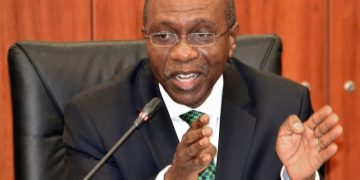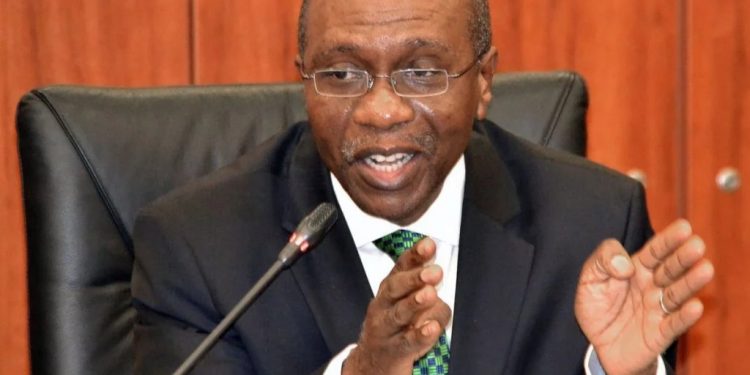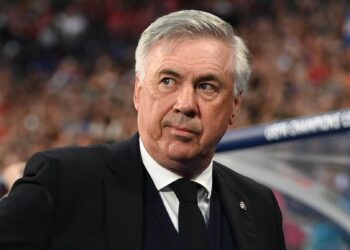By John Ikani
The Central Bank of Nigeria (CBN) on Tuesday raised interest rates for local bank lending to 15.5%, its highest level yet, just two months after it was pegged at 14%.
This was in consideration of the persistent rise in inflation rate and fragile growth. Nigeria’s headline inflation accelerated to the highest level in 17 years at 20.52 percent in August 2022, from 19.64 percent in the previous month.
The hike is the highest rate in the last 20 years, an indication of the aggressive move by the CBN to rein in Inflation as the money supply in the country rose to its highest ever level of record.
The CBN Governor Godwin Emefiele said as inflation continues to reign upward, the bank’s Monetary Policy Committee (MPC) will always hike rates to tame the pressure on citizens.
“The tested monetary policy theory is that the easiest way to tame inflationary pressure is to raise rates,” he said.
“CBN research study has shown that once inflation trends above 12.5 or 13 percent, it will retard growth. So it is difficult for us, with all data available, not to go in a very aggressive way. To some, not expected because it increases the cost of borrowing, but this is the best we can.”
It is worthwhile to note that other central banks in most world economies have also raised interest rates to tame the rising rate of inflation.
The US Federal Reserve made history last week by approving a third consecutive 75-basis -point hike, to aggressively tackle inflation in the US economy, taking the fed’s funds rate to its highest levels since the global financial crisis in 2008.
The UK and the European Union have also raised rates, while in Africa, Ghana and South Africa have also raised rates.
Some analysts described Nigeria’s hike in interest rate for three consecutive times as a way to lure foreign inflows into the country and ease the pressure on the naira.
Business owners say borrowing at high interest rates puts their businesses at risk.




































